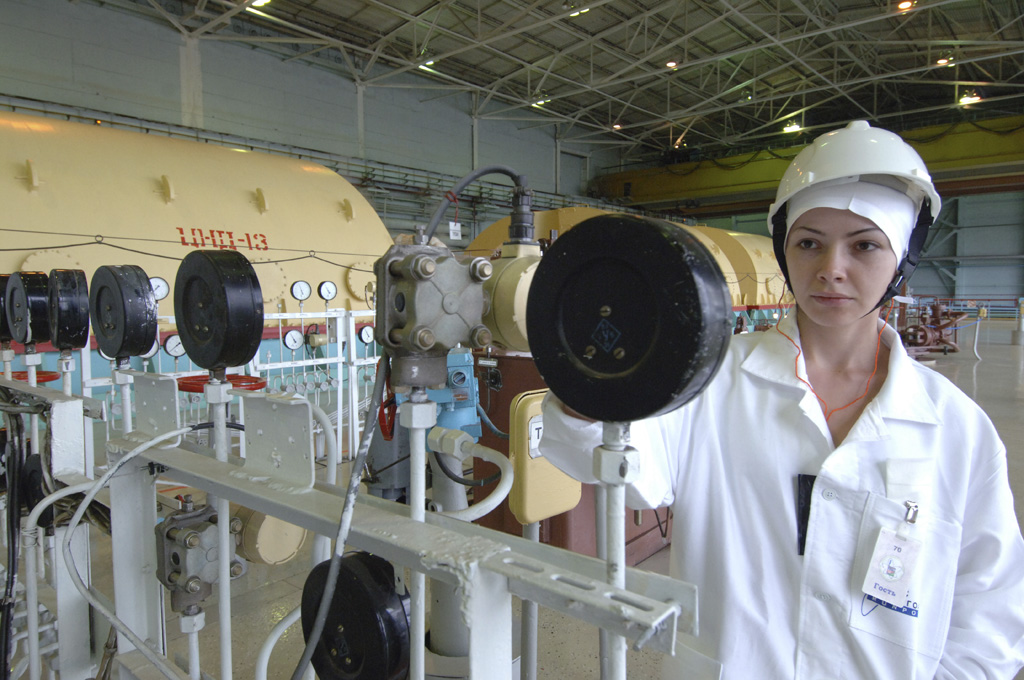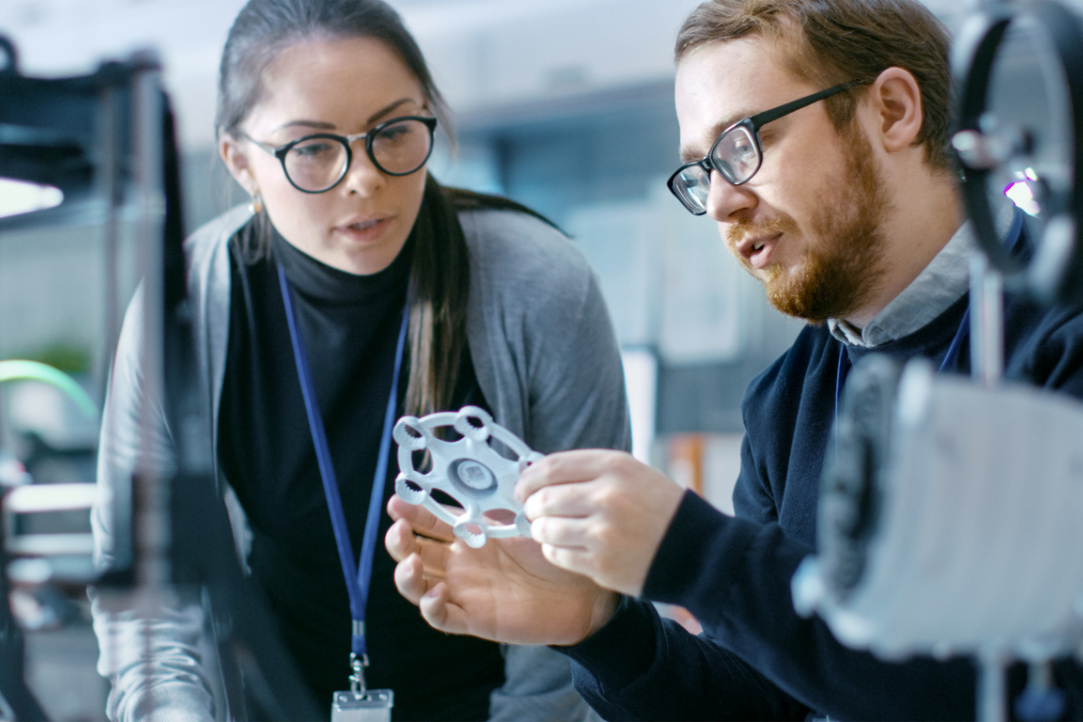
Why Women in Russia Earn Less Than Men
On average, women in Russia earn 30-35% less than men. According to this indicator, Russia is ahead of many developed countries. The difference in earnings is primarily associated with the uneven distribution of men and women in different industries and professions, but economists cannot explain a significant portion of the discrepancy. Aleksey Oshchepkov, Assistant Professor of the Faculty of Economic Sciences at HSE University, came to these conclusions after analyzing research materials and survey data. The results are published in a chapter of the volume, Gendering Post-Soviet Space, recently published by Springer.
.jpg)
Students after the Pandemic: More Anxiety, Less Aggression
Social isolation and limited interaction with other people during the COVID-19 pandemic have had adverse impact on the mental and physical health of Russian students. These are the findings of a survey conducted by HSE University and the Centre of Cross-Cultural Psychology and Ethology of the Institute of Ethnology and Anthropology of the Russian Academy of Sciences (RAS).

A Breath of Fresh Year
HSE University postdocs share their thoughts on transitioning from PhD studies, as well as individual and collaborative projects they are currently engaged in. The participants include Adam Gemar and Daria Khlevnyuk (PhDs in Sociology), Nikita Lychakov (PhD in Finance), and Amanda Zadorian (PhD in Politics). We also talked to Ekaterina Paustyan, a postdoc at the University of Bremen and an excellent example of the connecting power of HSE University’s research centres.

No Illusion, No Fear: How Carcinophobia, Popular Myths and Poor Doctor-patient Communication Hinder the Fight against Cancer in Russia
Cancer is a disease surrounded by myths. Misinformation can lead to disastrous consequences when people wait too long to get screened and learn their diagnosis only at an advanced stage, facing a shortened healthy lifespan and an early death. Therefore, screening for prevention and early diagnosis of cancer should become a routine practice, according to participants of the roundtable 'From Carcinophobia to Oncology Awareness' held by the HSE Project Team 'Oncology and agency deficits: Russians' autonomous self-care practices in the context of a crisis in biomedicine'.

Who Maintains Discipline in a Live Cell: Physics Perspective
Italian and Russian researchers confirmed the hypothesis that the self-maintaining order in eukaryotic cells (cells with nuclei) is a result of two spontaneous mechanisms’ collaboration. Similar molecules gather into ‘drops’ on the membrane and then leave it as tiny vesicles enriched by the collected molecules. The paper with the research results was published in the journal Physical Review Letters.

Large Hadron Collider: New Hadron Discovery Factory
LHCb, a collaboration of one of Large Hadron Collider experiments, including a team of HSE University researchers, has published a news piece about the discovery of new tetraquarks, which are exotic hadrons consisting of four quarks. This discovery was made possible thanks to massive data samples gathered by the LHCb experiment with the use of algorithms developed at HSE University.

Researchers Assess Student Performance in Mathematics, Physics, and Critical Thinking
A group of researchers representing four countries summed up the results of the Supertest, a large-scale study of the academic performance of engineering students in Russia, China, India, and the United States. It is the first study to track the progress of students in computer science and electrical engineering over the course of their studies with regard to their abilities in physics, mathematics, and critical thinking and compare the results among four countries. The article about study was published in Nature Human Behavior.

Children's Adaptation to Online Learning Depends on the Nature of Their Parents’ Work
Specialists at the HSE Institute of Education found that the willingness of children to work independently at home during distance learning depended not only on the availability of appropriate technical means in the family (its socio-economic profile), but also on the nature of their parents’ work (a socio-psychological factor).

Father’s Level of Education Affects Students’ Plans for Doctoral Studies
Saule Bekova, Research Fellow at the Centre of Sociology of Higher Education, and Ivan Smirnov, Leading Research Fellow at the Laboratory of Computational Social Sciences, studied how father’s level of education affects students’ plans to receive a doctoral degree. The article Determinants of doctoral degree aspirations: insights from a nationally representative panel study was published in HERB: Higher Education in Russia and Beyond journal.
.jpg)
Researchers Reveal Genetic Predisposition to Severe COVID-19
HSE University researchers have become the first in the world to discover genetic predisposition to severe COVID-19. The results of the study were published in the journal Frontiers in Immunology.


Submissions are open until October 13